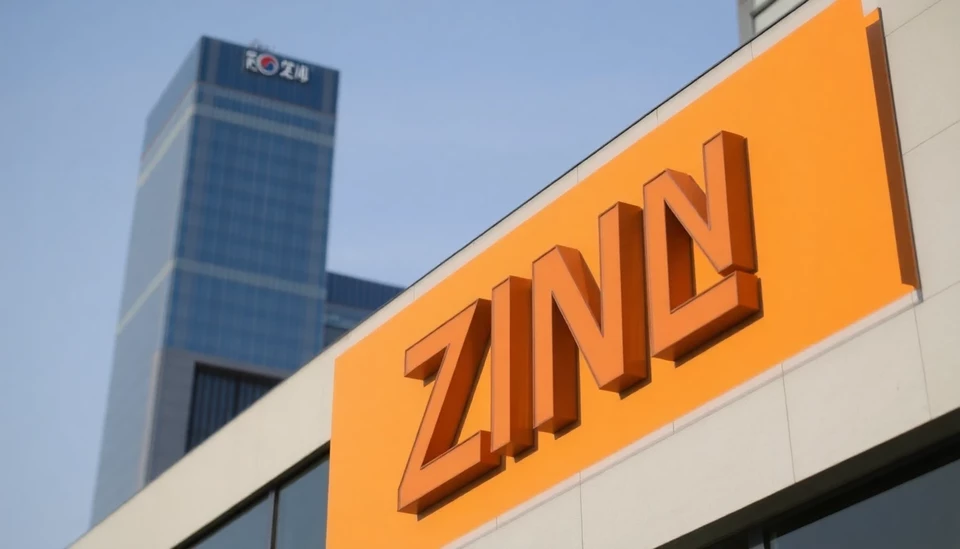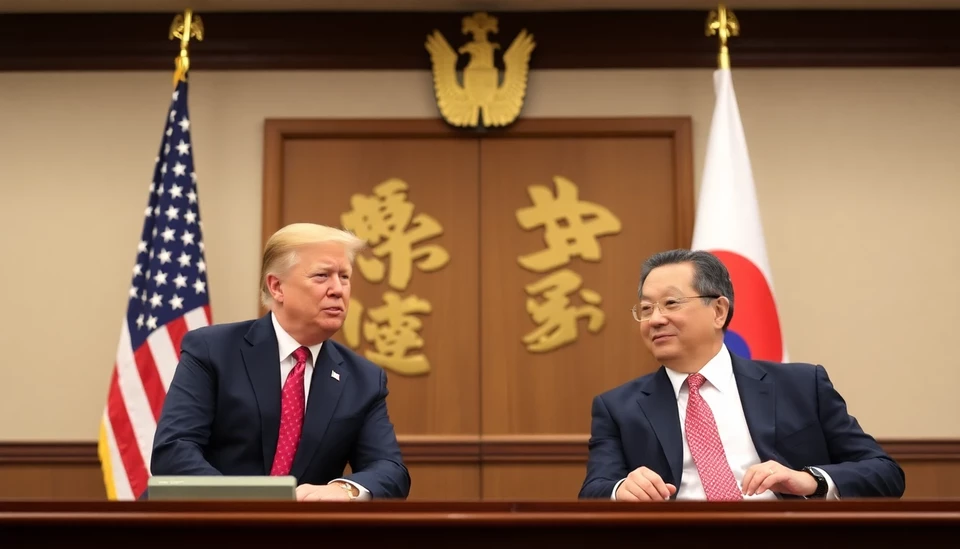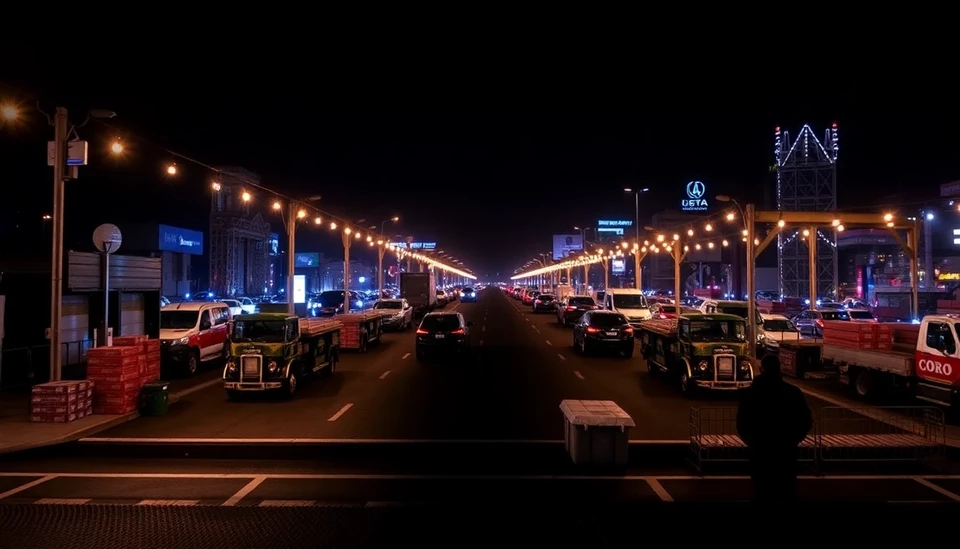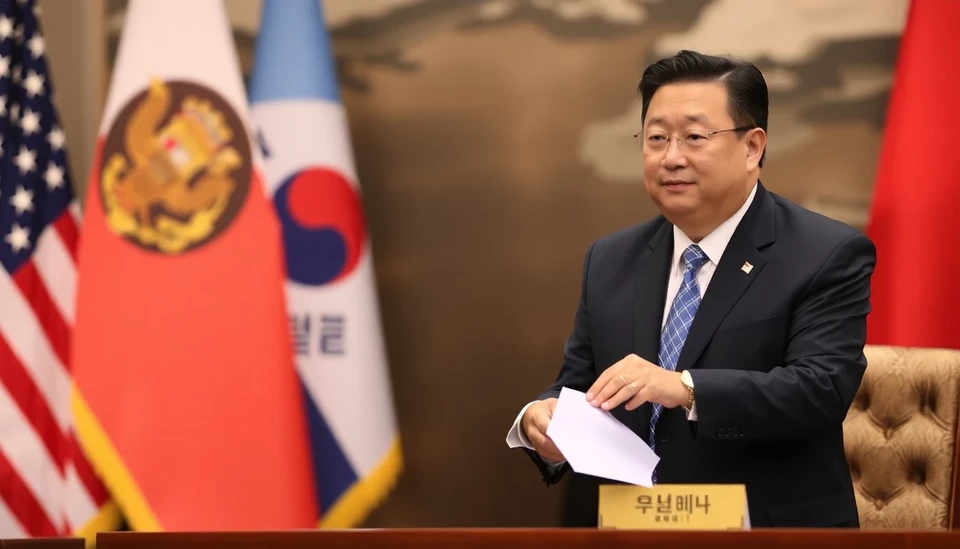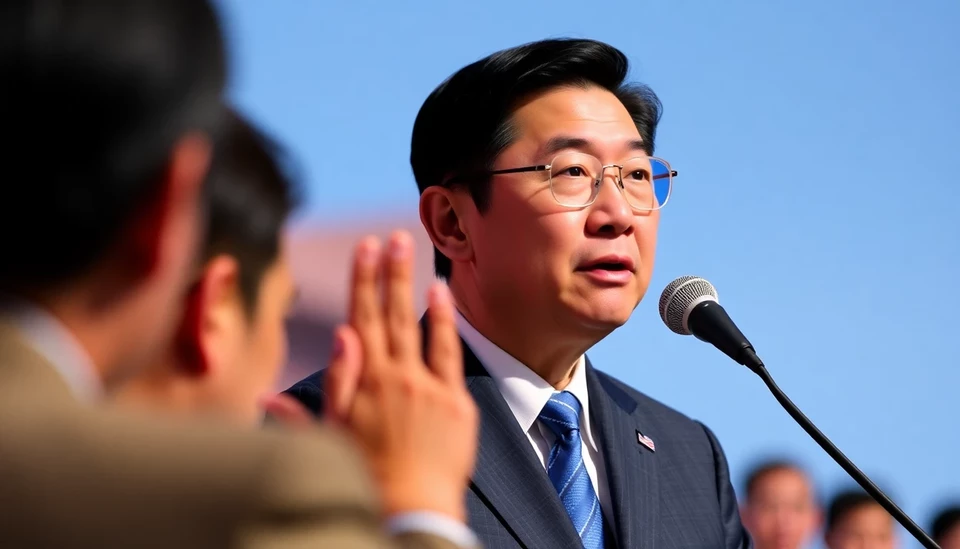
Amidst plummeting approval ratings and growing political turmoil, South Korean President Yoon Suk-yeol finds himself at a crossroads in his presidency. As discontent among citizens rises coupled with ongoing economic challenges, the conversation within political circles turns increasingly towards potential successors who could step into the leadership role in the wake of Yoon's presidency.
Yoon’s administration has encountered significant difficulties, including rising tensions with North Korea and a sluggish economic outlook. Consequently, various political figures are emerging as potential candidates poised to fill the gap should Yoon choose not to seek re-election or if he is unable to fulfill his term effectively.
Among the leading contenders is Lee Jae-myung, a prominent figure within the Democratic Party and Yoon's main rival during the last presidential election. Lee's stronghold in the political scene stems from his progressive policies and deep connections with the electorate, particularly among younger voters who are becoming increasingly disillusioned with the current administration's ability to address their needs.
Another significant name mentioned is Chung Sang-jung, the leader of the Justice Party. Chung has gained attention for his focus on social welfare and labor rights, appealing to those increasingly concerned about income inequality and workers’ rights. His rise to prominence represents a potential shift toward a more progressive governance model, emphasizing social equity in South Korea.
The stakes are reportedly high; if the current discontent continues, party unity within the ruling People Power Party could diminish further, leaving an opening for opposition parties to capitalize on the dissatisfaction of the public.
In the backdrop of this evolving political landscape, former Prime Minister Kim Boo-kyum has also been mentioned as a possible successor. His experience in leadership and commitment to bipartisan cooperation could attract a broader spectrum of voters. His moderate stance may help bridge the divisions within the political arena, representing a potentially stabilizing force within South Korea’s fractious political environment.
Furthermore, figures such as Han Duck-soo, the sitting Prime Minister, are anticipated to play pivotal roles in the upcoming elections, with Han being a seasoned diplomat and politician who has served in various capacities over the years. His capability to connect with both domestic and international issues may put him in a favorable position should a leadership contest arise.
As the political climate becomes increasingly tumultuous, the focus will remain on how these contenders can navigate a landscape fraught with challenges, from the North Korean threat to the economy's precarious state. Voter sentiments will be crucial in determining who emerges as a viable candidate able to unite the electorate and steer the country towards stability and growth.
The unfolding discourse surrounding potential successors to President Yoon Suk-yeol marks a critical juncture in South Korea's political journey. With 2024 on the horizon, the nation watches closely as it seeks to reaffirm leadership that can adeptly handle the myriad complexities faced by the country today.
#SouthKorea #Election2024 #PoliticalContenders #YoonSukyeol #DemocraticParty #JusticeParty #KimBooKyum #ChungSangJung #LeeJaeMyung #Leadership #PoliticalChange
Author: Laura Mitchell

